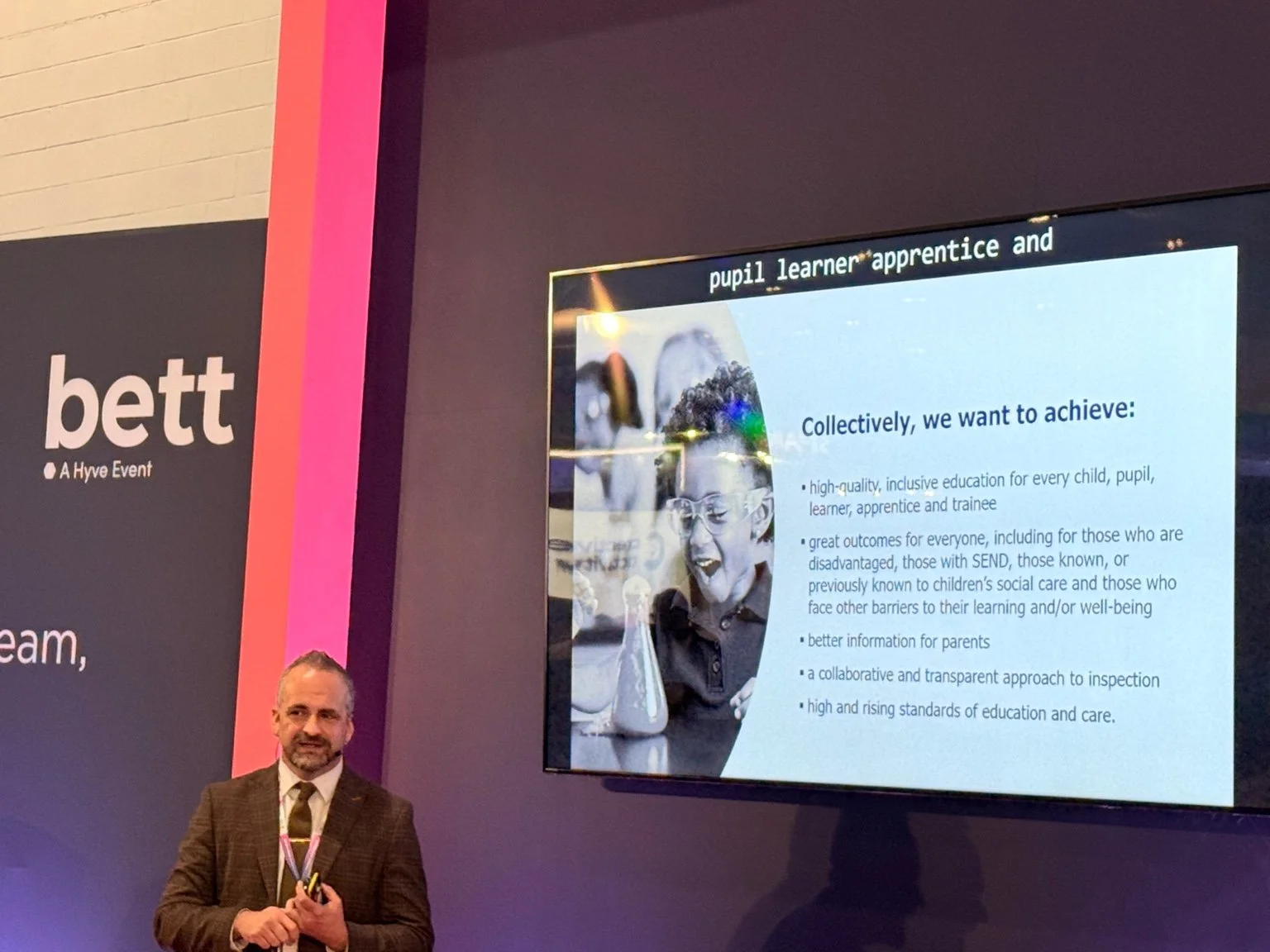ASU secures accreditation for new School of Medicine and Medical Engineering
Arizona State University launches medical school combining clinical education, AI, and engineering.

Arizona State University (ASU) has announced the establishment of the John Shufeldt School of Medicine and Medical Engineering, following preliminary accreditation approval from the Liaison Committee on Medical Education (LCME).
The development marks a major expansion of ASU Health, the university’s initiative to redesign healthcare education and delivery. The news was shared in a LinkedIn post by Kyle Bowen, Deputy Chief Information Officer at ASU.
According to ASU, the school aims to prepare physicians with dual training in medicine and engineering, combining clinical knowledge with technical expertise to address system-wide healthcare challenges.
Bowen described the launch as “a defining day for Arizona State University,” adding: “This introduces a new era in health where technology plans an enabling role to support health outcomes from people across Arizona and beyond.”
He noted that the school “creates incredible new opportunities to align digital strategy, AI, and data with the ASU charter to power the future of medicine.”
Dual-degree structure and innovation focus
In partnership with HonorHealth, ASU’s primary clinical affiliate, the school will offer a concurrent degree program awarding both an MD and MS in Medical Engineering. The curriculum integrates clinical education, engineering, artificial intelligence, and health systems science, alongside hands-on experience in innovation and entrepreneurship.
The university said the approach is designed to “train physicians as healthcare leaders with the skills to both use and create health technologies of the future and bridge the gap between caring for individual patients and addressing population-level needs.”
Built on ASU’s strengths as a public research university, the medical school will connect students to applied research projects with health institutions and industry partners. The new model reflects ASU’s goal to make healthcare “more effective, more responsive, and more connected to the people it serves,” the university said.
Bowen concluded: “Together, we have the opportunity to shape a connected future that improves lives across our communities.”























